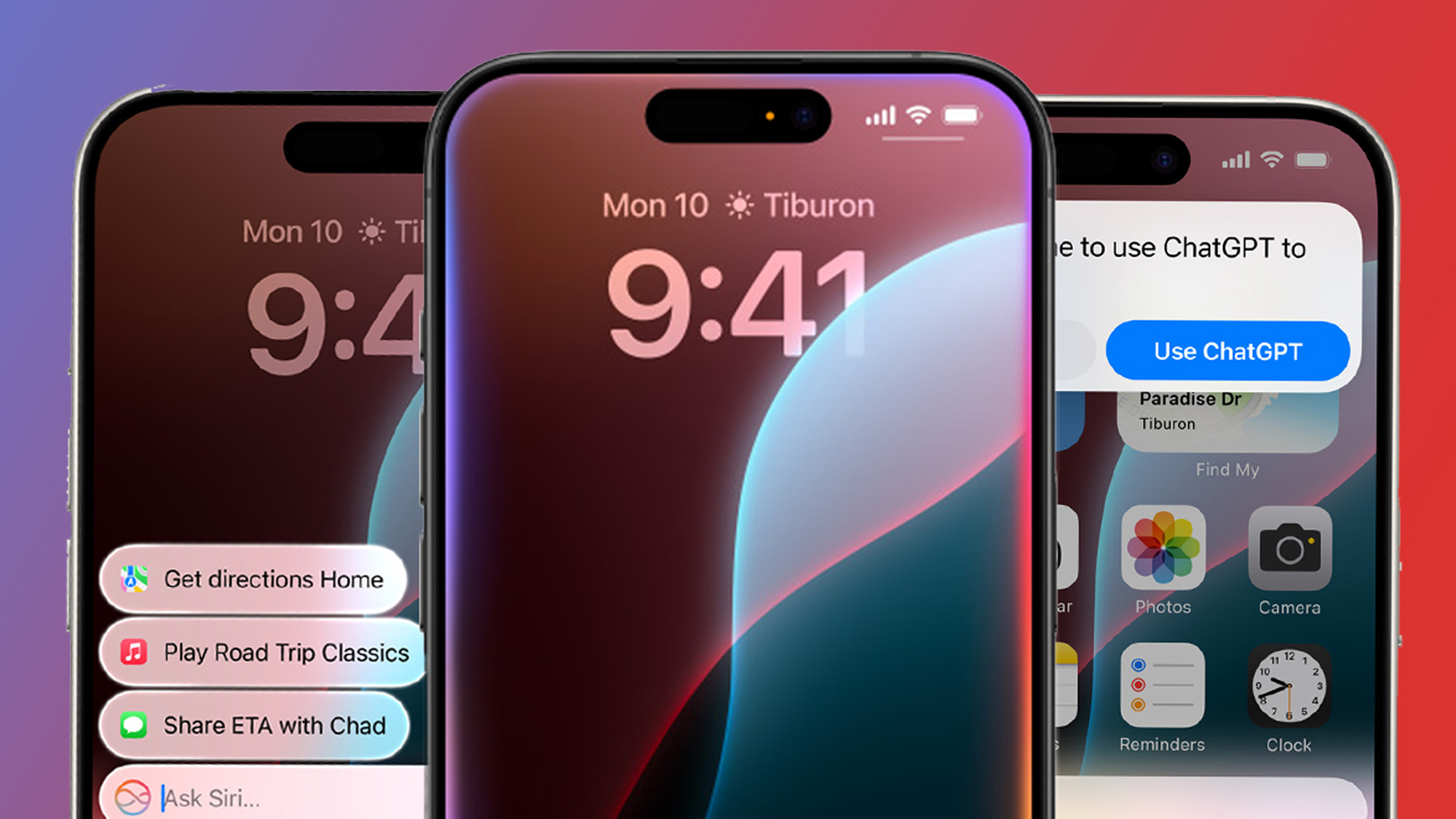
iOS 18 only began rolling out to iOS 18 compatible devices on September 16, but Apple is already gearing up for the launch of its next major update: iOS 18.1.
Typically, these decimal-numbered updates are more incremental than groundbreaking, but this year, Apple’s first post-launch iOS update will be bigger than iOS 18 itself. Yes, it’s finally happening – Apple Intelligence is coming to compatible iPhones as part of iOS 18.1.
Of course, that’s not the only change set to be introduced by Apple’s next software update – which, according to Bloomberg’s Mark Gurman, is slated for release on October 28 – and below, we’ve rounded up five of the biggest new features.
Apple Intelligence features
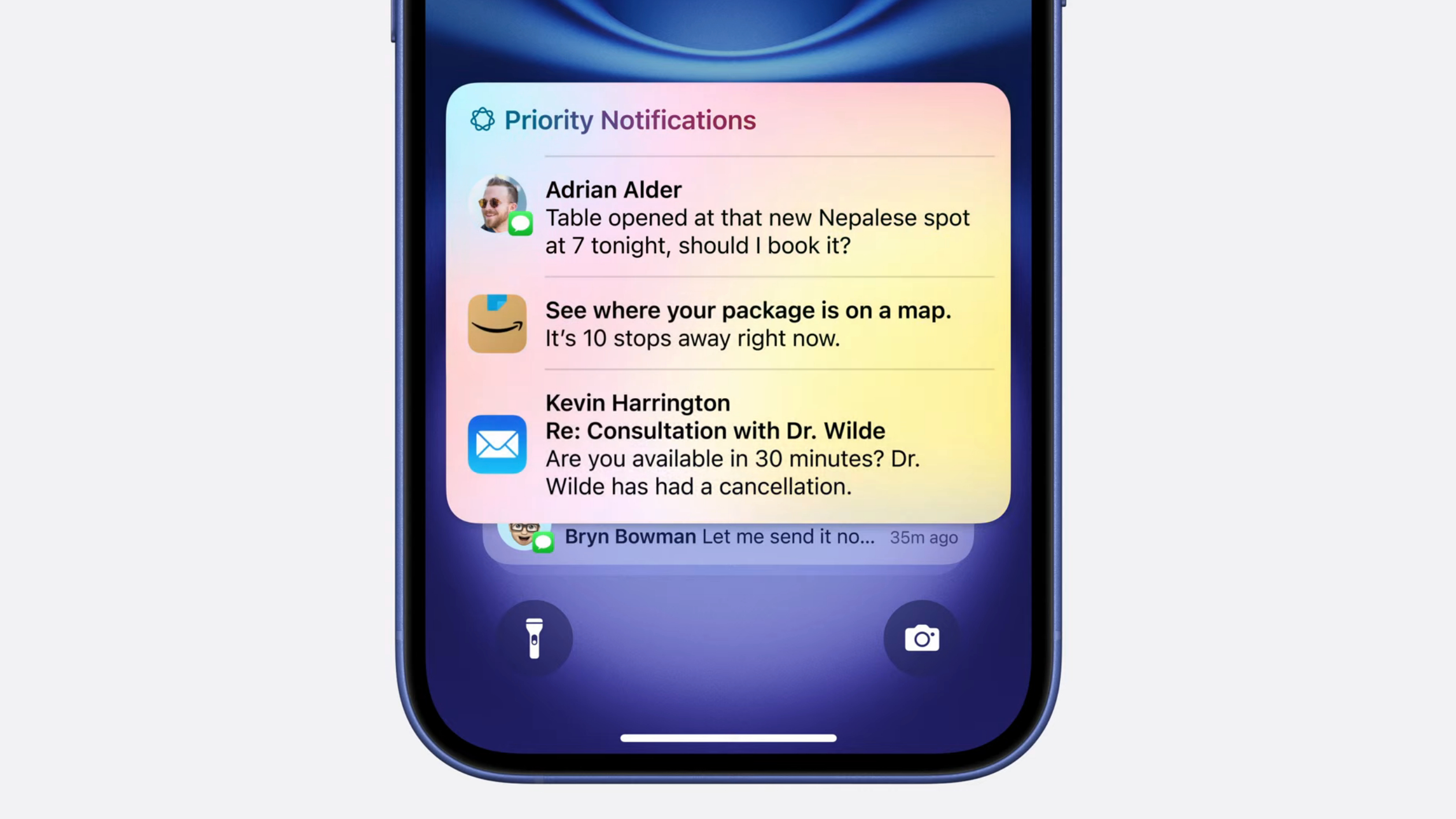
This is the big one: Apple Intelligence will debut on compatible iPhones as part of iOS 18.1. You’ll find the full list of eligible devices in our Apple Intelligence compatibility guide, but for iPhones, specifically, you’ll need an iPhone 15 Pro, iPhone 15 Pro Max, iPhone 16, iPhone 16 Plus, iPhone 16 Pro, or iPhone 16 Pro Max.
Unfortunately, not all Apple Intelligence features will be made available in iOS 18.1 – and those that do will be limited to US English for now – but many of Apple’s core AI functions are set to make their debuts in the coming weeks. We’ve highlighted some of them below.
- Siri: Apple’s new-and-improved Siri assistant is more natural, more contextually relevant, and just generally a lot smarter than before. Summoning it will trigger a rather pretty device-wide glow animation, and for questions it can’t answer on its own, future iOS 18 updates will grant Siri the ability to hand the query off to ChatGPT (with your permission). The most significant Siri upgrades are coming at a later date, but iOS 18.1 will nonetheless bring big visual changes to everyone's favorite (or most hated?) voice assistant.
- Writing Tools: Apple’s suite of AI-powered writing tools will help you proofread text, rewrite text in a chosen tone of voice, and quick reply to messages or emails.
- Photo features: For the Photos app, Apple Intelligence introduces Clean Up, which lets you erase unwanted people and objects from an image; Memory Movie, which creates image slideshows based on written prompts; and natural language search.
- Summaries: Apple Intelligence can provide summaries (i.e. easy-to-read digests) of emails, phone calls, audio recordings, and even notifications.
As for the Apple Intelligence features that won’t be arriving with iOS 18.1, Apple reportedly plans to launch Image Playground and Genmoji in future iOS updates. The former will allow users to create generative images in various iPhone apps like Messages or Notes, while the latter is essentially a custom emoji generator.
Improved Contactless functionality

Moving onto the non-AI (and non-device-exclusive) features, iOS 18.1 will open up your iPhone’s NFC chip to third-party developers for the first time. What does this mean, exactly?
Get daily insight, inspiration and deals in your inbox
Sign up for breaking news, reviews, opinion, top tech deals, and more.
Well, it’ll essentially allow developers outside of Apple to enable in-app contactless transactions for, in Apple’s words, “in-store payments, car keys, closed loop transit, corporate badges, student ID, home keys, hotel keys, merchant loyalty and rewards, and event tickets, with government IDs to be available at a later date.” In other words, your iPhone really could soon replace your wallet.
Naturally, any developers interested in accessing said NFC chip will need to “enter into a commercial agreement with Apple [...] and pay the associated fees,” but given the number of contactless-using iPhone owners in the world, we doubt that they’ll be hesitant to do so.
Upgraded iPhone Mirroring
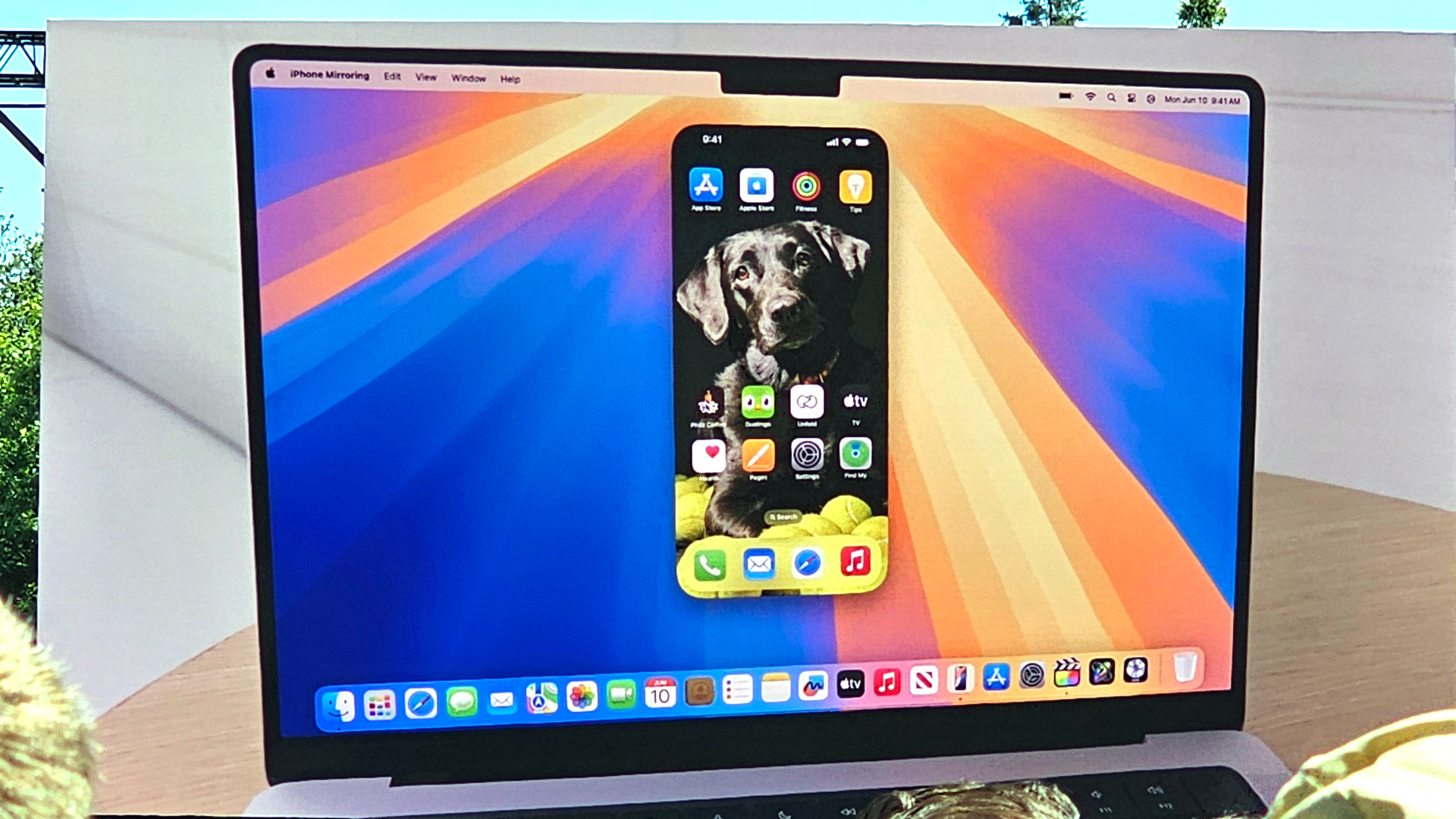
iPhone Mirroring – which lets you control your iPhone from your MacBook screen as long as you’re running macOS Sequoia and iOS 18 – was one of the features that excited us most at WWDC 2024, but its early functionality in iOS 18 has been limited.
Thankfully, iOS 18.1 will add the ability to seamlessly drag and drop files between your iPhone and MacBook (it works both ways in the iOS 18.1 beta), making iPhone Mirroring a much more useful tool. Here’s hoping Apple improves this feature further by adding audio input passthrough in future updates.
A small Control Center upgrade
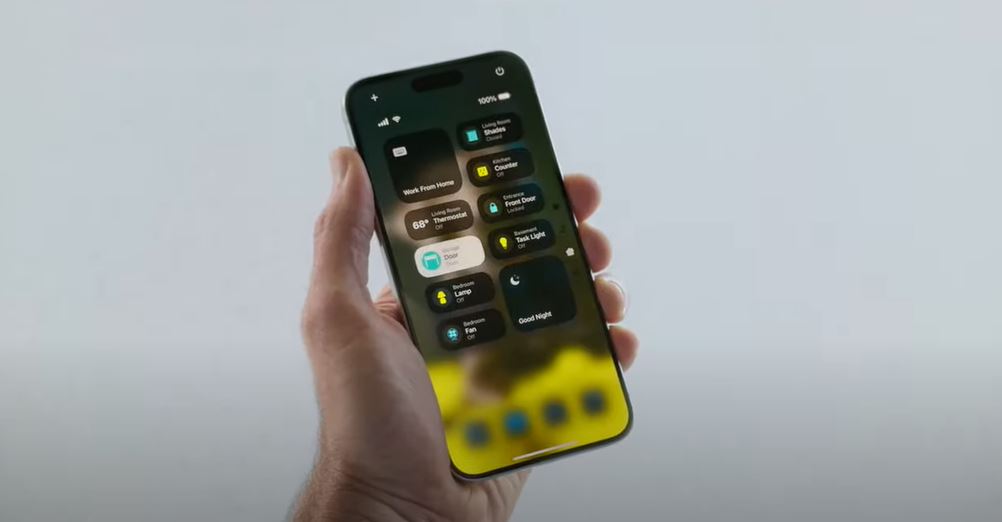
iOS 18 introduced the ability to customize Control Center, but if you let your creativity get the better of you, you’ll be pleased to know that iOS 18.1 will add a “Reset Control Center” option in the Settings app (because sometimes, Apple’s way is the best way).
Another small-but-welcome Control Center tweak: according to MacRumors, iOS 18.1 will let you add separate Control Center buttons for Wi-Fi and VPNs. Currently, all connectivity toggles are bundled into a single widget.
Selfie option for Camera Control
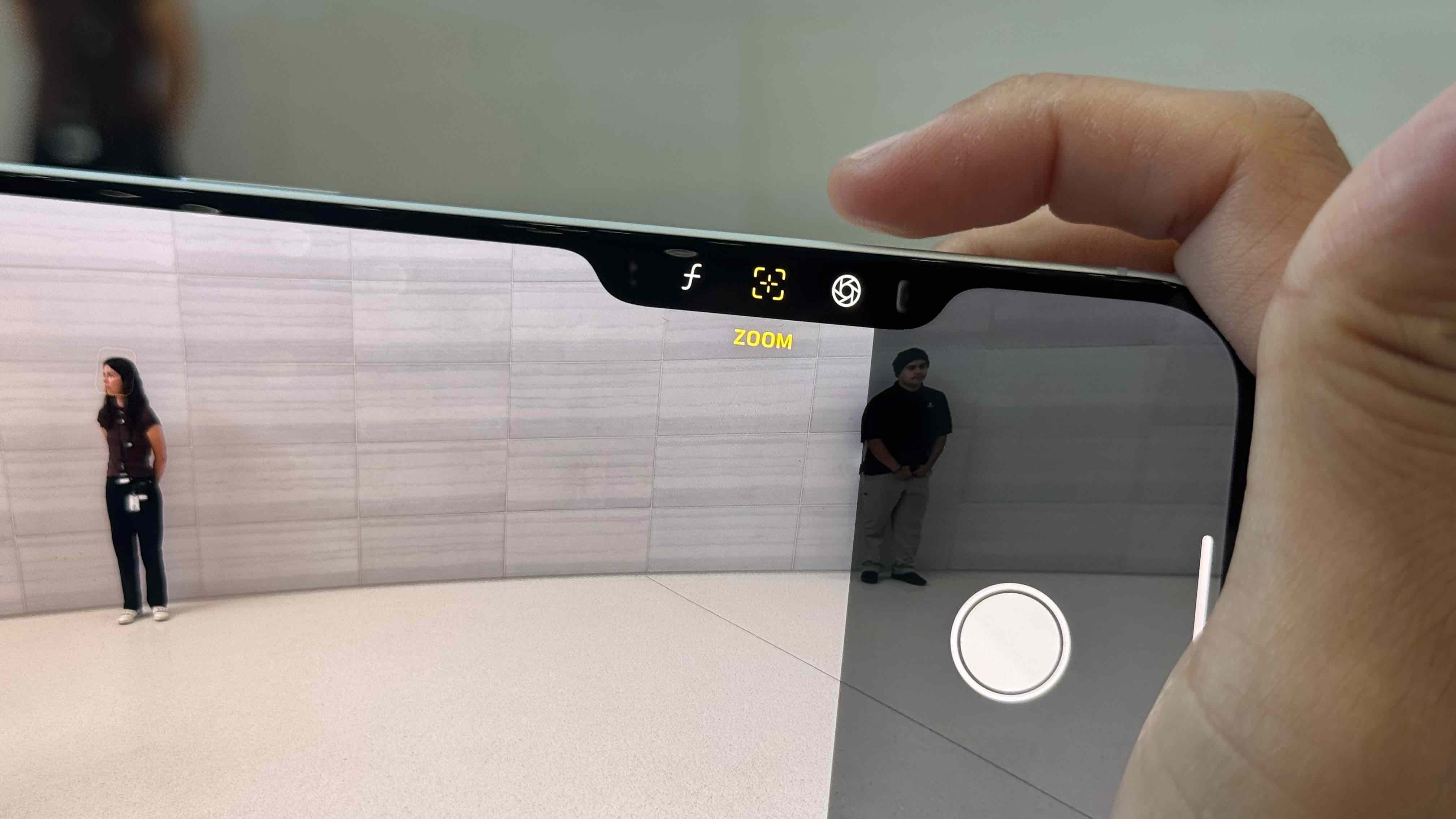
Last but not least, for iPhone 16 users exclusively, iOS 18.1 will make the Camera Control button compatible with the selfie camera.
To switch to the selfie camera using Camera Control, you’ll have to open the Camera app, lightly press the Camera Control button twice, navigate to the Cameras option, then scroll all the way to the left. There, you’ll find a new Selfie option.
You might also like
- Best iPhone: which Apple smartphone reigns supreme?
- How to download iOS 18 on your iPhone – and what to do if it won't install
- An upcoming iPhone feature will make it easier to detect spam calls

Axel is TechRadar's UK-based Phones Editor, reporting on everything from the latest Apple developments to newest AI breakthroughs as part of the site's Mobile Computing vertical. Having previously written for publications including Esquire and FourFourTwo, Axel is well-versed in the applications of technology beyond the desktop, and his coverage extends from general reporting and analysis to in-depth interviews and opinion. Axel studied for a degree in English Literature at the University of Warwick before joining TechRadar in 2020, where he then earned an NCTJ qualification as part of the company’s inaugural digital training scheme.